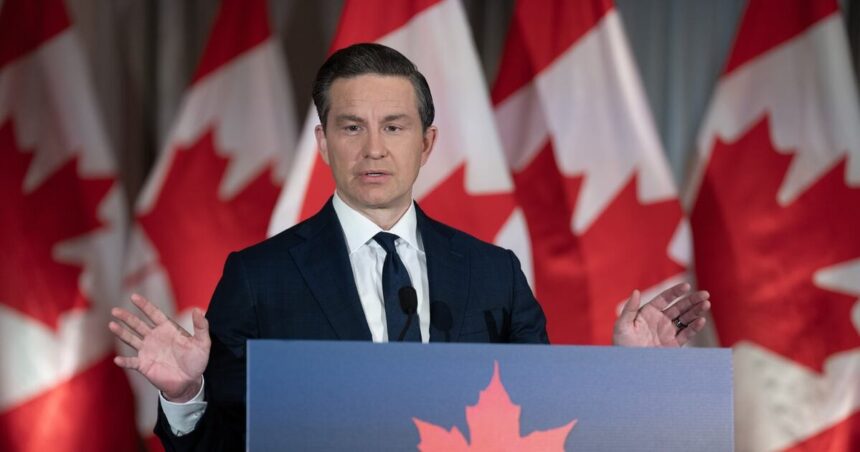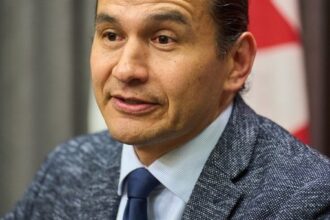In a heated political confrontation that has captivated Ottawa this week, Conservative Leader Pierre Poilievre has demanded Finance Minister Mark Carney liquidate his considerable investment portfolio, dismissing the minister’s blind trust arrangements as inadequate safeguards against potential conflicts of interest.
“A blind trust doesn’t eliminate the conflict, it just blinds the public to it,” Poilievre declared during a particularly tense question period yesterday. “The finance minister knows exactly what he owns even if he claims not to control it day-to-day. How can Canadians trust him to make decisions that won’t benefit his own fortune?”
The controversy stems from Carney’s extensive investment holdings, valued at approximately $29 million according to public disclosures, which were placed in a blind trust shortly after his appointment to cabinet. Ethics watchdogs have previously approved similar arrangements for cabinet ministers, but Poilievre insists the situation demands more stringent measures.
Carney, the former Bank of Canada and Bank of England governor who entered politics last month, defended his compliance with ethics rules, telling reporters, “I’ve followed every recommendation from the Ethics Commissioner to the letter. This is standard procedure for ministers with investment portfolios.”
Prime Minister Justin Trudeau has stood firmly behind his finance minister, characterizing the Conservative attacks as “desperate political theater” and emphasizing that Carney has met all ethical requirements. “Mark has brought unparalleled financial expertise to our government,” Trudeau stated. “Canadians deserve that experience in managing our economy, not partisan mudslinging.”
Financial ethics experts appear divided on the matter. Dr. Elaine Wong of the University of Toronto’s Rotman School of Management told CO24 Business that blind trusts have limitations. “While they prevent direct management of assets, the minister obviously knows what they owned going in. The question becomes whether that knowledge could unconsciously influence policy decisions.”
The Canadian Ethics Commissioner’s office confirmed that Carney has complied with all required protocols, noting that ministers with significant assets routinely employ blind trusts as conflict mitigation measures.
Polling suggests the controversy has gained traction with some voters. A recent Angus Reid survey found 58% of respondents expressed concern about potential conflicts in Carney’s financial arrangements, though opinions split heavily along partisan lines.
Financial markets have shown minimal reaction to the political dispute, with Bay Street analysts suggesting that Carney’s credentials and expertise remain more important to investors than the ethics controversy.
The clash highlights a broader question facing wealthy individuals entering public service: can ethical screens ever fully separate personal financial interests from policy decisions? As governments increasingly recruit leaders from the business and financial sectors, how should we balance the value of their expertise against concerns about potential conflicts of interest?

























